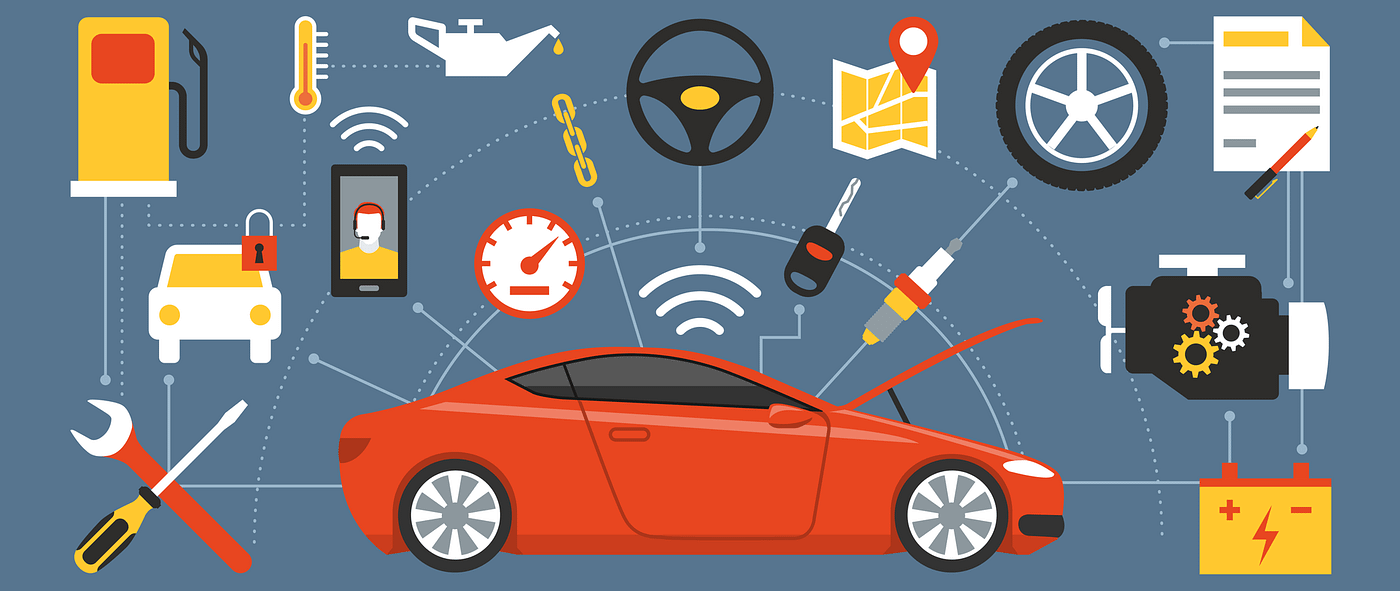All Categories
Featured

Comprehending the elements that affect the cost of these repairs is essential for vehicle owners that want to be prepared for the unexpected. From the kind of fixing needed to the make of your car, numerous key elements can establish how much you'll pay for fixings.
- Type of Fixing. The nature of the fixing plays a critical function in the cost. Basic repairs, such as changing a stimulate plug or brake pads, are generally less costly because they call for fewer parts and less labor. On the various other hand, repair work that involve intricate systems like the transmission, engine, or electrical systems have a tendency to be extra costly. These fixings typically need more specific components and knowledge, causing higher labor charges. In addition, if the repair includes dismantling numerous parts, the labor expenses can rise considerably.
- Make and Version of Your Lorry. High-end and international cars, such as BMWs, Audis, and Mercedes-Benz, often come with higher repair work expenses due to their specialized components and the expertise required to function on them. In contrast, more typical lorries like Ford or Toyota typically have less expensive components and are much easier for mechanics to function on, which reduces repair work expenses.
- Components Availability and Top Quality. The expense of the components required for the repair service is one more significant aspect. The rarity of parts, specifically for older or specialty automobiles, can likewise drive up the cost, as finding ideal substitutes can take time and effort.
- Labor Expenses. Labor expenses are one of the most significant contributors to the total rate of car repair services. These costs vary by area and service center, with metropolitan areas typically billing higher rates because of above prices. Mechanic know-how likewise affects labor expenses-- much more specialized or knowledgeable technicians tend to bill more for their services. The complexity of the repair likewise contributes; repair work that call for more time or specialized understanding, such as working with an engine or electrical system, will certainly result in greater labor costs. Labor is typically billed on a hourly basis, and some repair work can take several hours to finish.
- Extent of the Damages. If the damages is considerable and requires several parts to be changed or fixed, the expense will climb. When major systems like the transmission or engine are influenced, the repair price can rise promptly due to the number of parts and the labor entailed.
- Automobile Age and Problem. Older lorries tend to need even more frequent repairs, and as parts use out over time, the cost of those repair work can boost. In addition, components for older models might be tougher to find, which can enhance both the cost and time required for repair work.
- Area of the Service Center. The area of the repair work store can additionally impact the price of cars and truck repair services. Labor rates in cities are typically greater than in country or less densely populated regions. Furthermore, car dealerships frequently charge extra for fixings contrasted to independent repair work shops, although car dealerships might utilize OEM components and offer specific solution for your make and version. It's always a great idea to shop around and obtain several quotes to locate the very best rate for the repair work you need.
- Insurance Coverage and Guarantee Coverage. In some situations, expanded service warranties or solution strategies can assist cover repair services for specific components of the automobile. Additionally, if the repair work is an outcome of an accident, your vehicle insurance policy might cover the cost.

Final thought. Several elements affect the price of significant auto fixings, consisting of the kind of repair, the make and version of your vehicle, the high quality of the parts used, and labor fees. Understanding these elements can aid you much better prepare for repair service expenses and make more educated choices when it's time for a significant fix.
Latest Posts
A Historic Shoreline Destination with Modern Thrills
Published Apr 13, 25
1 min read
Host Your Perfect Event: Venue Rental Choices for Every Celebration
Published Mar 13, 25
1 min read
Red Hawk Gastropub: Your Twin Falls Dining Destination
Published Feb 24, 25
1 min read